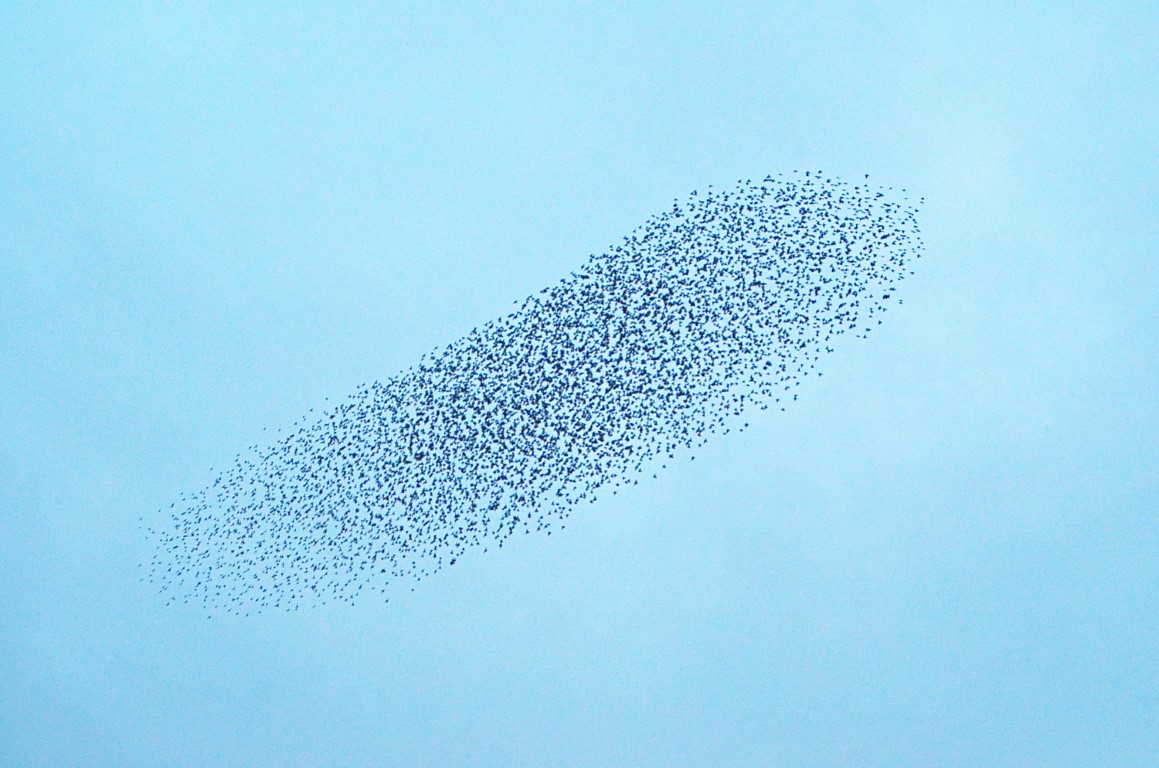Swarm intelligence is the collective behavior of decentralized, self-organized systems, natural or artificial. Ants are species that are very well known for their specific behavior in groups. The question is, how similar is ant swarm intelligence to humans, and particularly tourists?
“Tourists are like ants, they always go where other ants already went,” Christian Laesser from the University of St. Gallen said. In the past, perhaps, this was not exactly the case. But throughout time, borders between people have been disappearing and communication has become simpler than ever. Now, the age of social media is exposing the similarity of the human race with ants, in a somewhat metaphorical sense, obviously.
Focus on Millennials
For years, the industry has been focused on the older generation. It has its logic. Individuals with established careers or upcoming retirements guarantee higher spending and overall generate a higher income. In the age of social media, however, millennials are “stealing the show” and attention is increasingly being paid to them.
“A decrease in societal pressure to start families and a job market full of companies with enticing vacation packages have contributed to an increased ability for young adults to travel without sacrificing personal and professional progression,” said Mike Flannery, President of Acme House Co.
Major companies have taken advantage of this. Airbnb, Aloft, Hilton, Turkish Airlines are just some of the big names who are orientating their marketing strategies to attract young people. In many of these cases, companies use social media, because it is a source of great attraction for the so called millennials.
Use of Celebrities as a Magnet
Many destinations are using celebrities to promote themselves both on the domestic tourism market as well as internationally. The truth is that it is an expensive matter, but the effect on visitors is amazingly big. It is a great way how to spread the word about your destination’s brand to much wider audiences.
Many travelers have favorite movies, TV shows or singers and destinations want to give them a face to remember, too. As mentioned, these tourism ambassadors are paid to promote destinations. The aim is to personify cities or countries and convince people to book trips there. However, it is all not so simple and for the results to arrive, the promotion must be done properly.
A celebrity’s endorsement and promotional efforts are valuable if the person remains trustworthy and out of trouble. These ambassadors ideally have universal appeal – at least across the key tourism markets for a destination. They are also often the face of marketing campaigns. Ambassadorships can be short or long-term but usually last a few years at most, so that the destination does not seem stale.

Pitbull a “Failure” but Others Successful
One of these promotional “failures” was Pitbull’s ambassadorship in the State of Florida from 2015 to 2016. The inverted commas were used because in fact, Pitbull’s campaign was a success, but its aftermath was a huge blow. The singer used Visit Florida’s hashtags and made music videos as a part of the marketing campaign. The impact was huge, but eventually Pitbull was pressured into disclosing details of his contract with Visit Florida. This ambassadorship also led to many resignations at the company. Moreover, the Florida House of Representatives voted to significantly cut funding to Visit Florida after this fiasco.
But many ambassadorships have also been an overall success. For example, Taylor Swift in New York, James Cameron in New Zealand, Rihanna on Barbados or Jackie Chan in Indonesia. Some countries such as Japan also used cartoon characters or creatures such as Hello Kitty and Godzilla to promote tourism to the young generation.
All in all, it is clear that marketing and promotional campaigns of tourism have changed a lot in the past years. Social media are now a strong weapon, which appeals greatly to the millennials, but means very little to most adults 30+. In the following years, we might witness social media being the sole marketing and promotional weapon, considering how rapidly everything develops in today’s society.